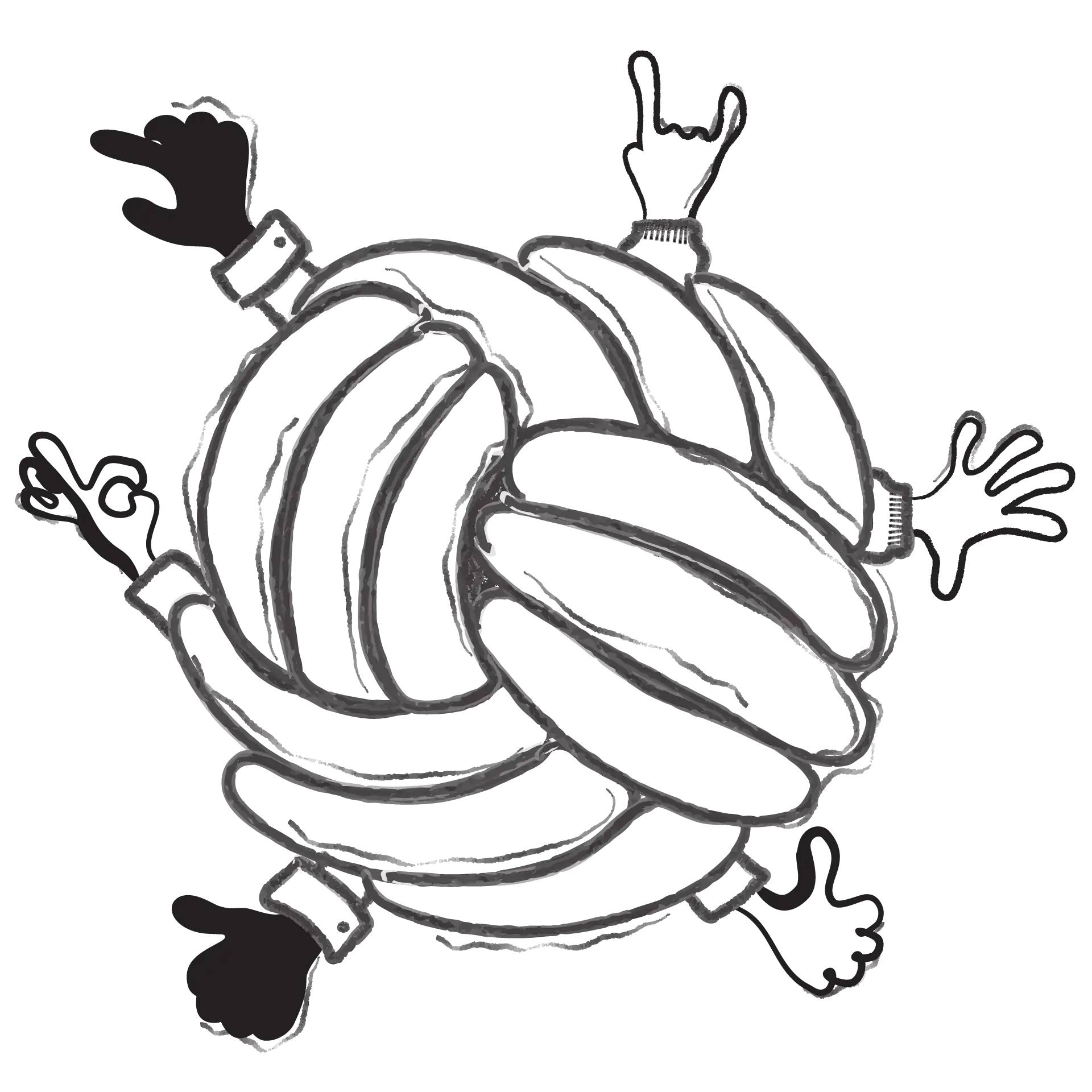On January 1, 2020, in Poland, an amendment to the Code of Commercial Companies went into effect. It introduced a requirement stating that all joint-stock companies and limited joint-stock partnerships must have a website.
From the perspective of running an honest business, the above change seemed needed. Its aim, among others, was to improve the communication between shareholders, which would help avoid conflicts. We're sure that you're well aware that there are practices that make it possible to inform shareholders without actually informing them.
A limited joint-stock partnership is a partnership whose purpose is to run an enterprise under its own name. In this type of partnership, at least one partner (known as a general partner) has unlimited liability for the partnership's obligations, and at least one is a shareholder.
Mandatory websites of joint-stock companies in the view of a legal advisor
It also seemed like a natural step in light of progressive digitization, where easy access to information on the Internet has become a standard.
"The discussed amendment in the Code of Commercial Companies is not a change of "first necessity." However, it should be viewed positively as another step toward further digitization. Besides, it involves increased convenience and security for shareholders.
Court and Commercial Gazette has long since ceased to fulfill its role as a friendly place to post and search for any information. It mainly results from its volume and poor readability,” — Rafał Gondzio, a legal advisor on a blog praKreacja.pl, is responsible for the partnerships section assessed for The Story Journal.

Websites in line with legal fashion
No one should be surprised that the Polish law partially enforces how particular websites should look. Since June 2015, public websites must meet accessibility requirements to make their content accessible to everybody, and the navigation should make it possible to logically and intuitively interact with a site (in this case, website design is quite a challenge).
For example, when visiting Gdynia.pl, the user can change the contrast or the size of the site. Moreover, after downloading special software, people with blindness can browse it.
The requirements that joint-stock companies must meet aren't that restrictive — they concern the content, not the website's appearance.
What should the websites of joint-stock companies include?
Joint-stock companies and limited joint-stock partnerships (even when they have only one shareholder) are obligated to have their own websites. In turn, in places dedicated to communication with shareholders, it's essential to publish announcements from companies required by law or their statutes.
When creating a website for a joint-stock company, you should — according to the Code of Commercial Companies — include several crucial pieces of information:
- Company's name, headquarters, and address.
- Indication of Registry Court where the company's documentation is kept and the company's number in the National Court Register (KRS).
- Tax identification number (TIN).
- Opening capital and Paid-in capital.
Let's add that many entities that act within a capital group have a shared website. However, the amendment clearly states "own website" and not "shared website."
The justification of the adopted amendment concerning website development
The justification for the act informs that the change was aimed at protecting the rights of the minority shareholders, limiting the risk of not informing shareholders about matters important to them, and also providing them more stability and trading safety.
"The obligation to publish information regarding the company on its own website in a designated place is the right step. The shareholder doesn't have to dig through hundreds of pages containing information that doesn't concern them to find what they're looking for.
It's still necessary to publish announcements in the Court and Commercial Gazette. However, when the shareholder can access a website, they won't have to reach for it. Another issue regards how companies will fulfill this obligation," Rafał Gondzio observes.
What will happen if you approach the topic of joint-stock companies' websites too lightly?
As it turns out, there is no shortage of companies that nonchalantly approach the topic of websites.
"At the turn of the year, you could feel a certain IT and legal mobilization from people managing companies. However, finding a joint-stock company, which despite the amendment, doesn't have its own website with an announcement section, is not problematic at all. So you can see that not everyone adheres to the new obligation. It mainly concerns small companies with small capital and shareholding," Rafał Gondzio convinces.
In the meantime, the lack of a site or up-to-date information involves, at least in theory, unpleasant consequences. The lack of information on a website about a general shareholder meeting or publishing it in violation of formal requirements (specified by law) can be a basis for challenging the resolution of the general meeting. Thus, it will be possible to bring an action to annul or revoke the adopted resolution.

Rafał Gondzio says that direct sanctions will also be imposed on people managing the company. It involves a fine of up to PLN 5,000.
It's worth remembering that the Article 47 of the National Court Register (KRS) has changed. Because of that, joint-stock companies and limited joint-stock partnerships must submit the website's address to the register.
Websites of joint-stock companies. How do the courts actually approach the issue?
This won't result in fines flooding the companies. Everything depends on how courts approach the problem of websites.
"How responsibly companies approach the matter will depend largely on the registry courts. If the registry courts enforce the new obligation by calling for compliance and imposing fines, then all companies will take this matter seriously.
However, registry courts don't have such capabilities. The vast number of cases and staff shortages result in — despite the best intentions and work at full capacity of court staff and court experts — there is no time or possibilities to efficiently deal with ongoing cases and let alone to keep an eye on economic entities," Rafał Gondzio explains.

A new website or subpage
Let's now move on to matters concerning the website design. Should you create a separate website only for shareholders, or is it enough to add an additional subpage to the company's site?
"The statutory law is not precise; it lacks specific guidelines. The only hint from the legislator is in Article 5 § 5 of the Code of Commercial Companies, which states that a company's website needs to have a section designated for communication with shareholders. Shareholders seeking information about a company will intuitively go to the company's website first."
"I think that a corporate website, mainly directed at customers, can include information for shareholders. However, such a site must include at least a separate subpage with announcements exclusively for shareholders. If a corporate website, due to its size and readability, can't include a separate subpage/section, it's worth considering a dedicated website only for shareholders," the legal advisor convinces.

Rafał Gondzio points out that regardless of the adopted technological solution, messages for shareholders should be easily accessible and readable.
"When a joint-stock company has intensive communication, e.g., regarding marketing and sales, then announcements that strictly regard shareholders can get lost in the maze of information," the expert says.
How to name a website?
Despite the lack of requirements regarding how a website or a subpage with announcements for shareholders should be named, Rafał Gondzio suggests using names used in the Code of Commercial Companies.
"Although there are no guidelines regarding this when creating a website/subpage/section dedicated to announcements for shareholders, I would use terms from the Code of Commercial Companies. The most desirable from the legal standpoint and the most cautious name would be "Announcements for shareholders required by law." But I can already see the face of the IT specialist who would have to title a subpage like that. That's why customers often choose a shorter name, "Announcements/messages for shareholders" or simply "For shareholders," — Rafał Gondzio explains.
Information on shareholder structure and the company's beneficial owners
Companies are often reluctant to share their shareholder structure and information about beneficial owners. According to law, there is no obligation to publish such information on a company's website.
"The law doesn't provide for such a requirement. Information about the shareholder structure and beneficial owners have to be aggregated and transferred according to existing regulations, regardless of the introduced requirement for joint-stock companies and limited joint-stock partnerships regarding the possession of websites," Rafał Gondzio clarifies.

Website design: dedicated or free
If you decide to create a new website, it's worth considering whether you want to invest in a special, dedicated site. Rafał Gondzio believes it's important for a site to be as readable and friendly as possible, which is related to the concept of the user experience (UX).
"The problem should be approached individually. We know very well that it's possible to create a special, dedicated website where the customer has their own domain and server and also has the assistance of specialists. But it's also possible to launch a site on a free server. However, such a website will differ little from a subpage in Google or popular local search engines for companies, products, or services to which businesses are automatically added.
Such search engines are often the only way to obtain contact information for a company that doesn't have a website. So I believe that what will be evaluated is how reliably a website presents itself and whether shareholders can find announcements without issues. What's the purpose of having an announcements subpage if the shareholder can't find it? Therefore, in my opinion, the design aspect will play a significant role,” — our interviewee summarizes the topic of website creation.







